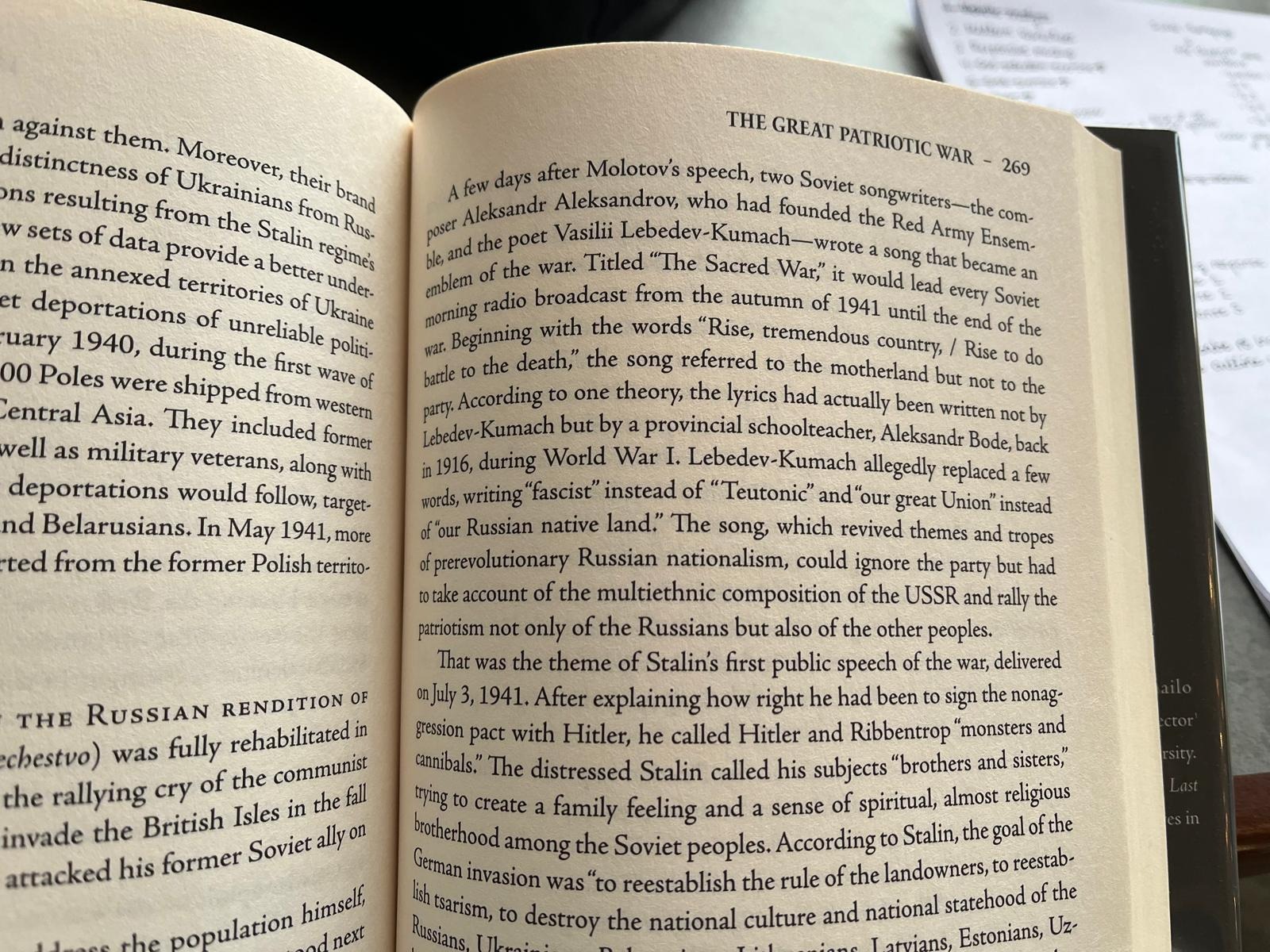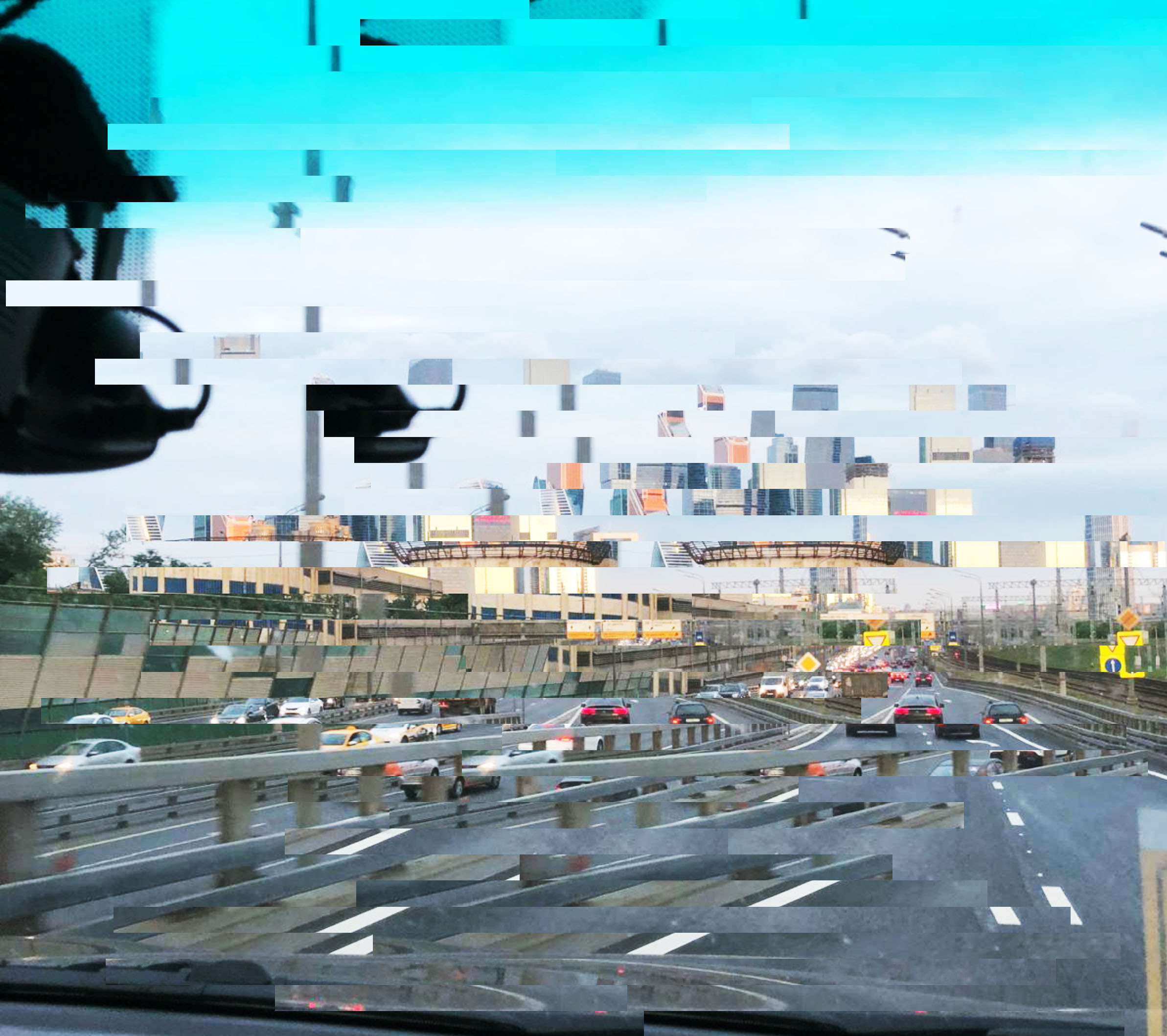Richard Lourie has a line in his book Putin: His Downfall and Russia's Coming Crash about the Ukraine about how he came to know and respect the Ukraine as its own country once people were willing to die for it. I think a nation is more than just a geopolitical entity… it is a shared imagination… a collective willingness to sacrifice for a common identity.
For me, The West is less of a fixed geography and more of an ongoing negotiation over values. I was brought up to believe that Russia was a European nation until I started geography lessons in the 4th grade in suburban America and they taught us it is a part of Asia. There is a stretchiness to language and truth here in that a 4th grader doesn’t understand the nuance of being “othered”... it came down to the mechanics of convenience. In many ways, I don’t believe the U.S. has earned its position as the capital of The West, but it was convenient to agree, so as not to upset my parents and the idea of what The West was supposed to symbolize. I am a product of The West by virtue of belonging to its symbologies, language, and code…
And yet, in the interests of conducting an ultimate search, in Forging the Nation: National Identity and Nation Building in Post-Communist Russia, Vera Bolz outlines Russian-ness in a chart:

A chart like this can only be linear if all of these criteria are a paradox. If I know my identity, it is only by knowing its inverse. I felt more Russian than I ever had starting first grade in America… and yet, when visiting my Moscow family in the summer, I was a foreigner.

What does Russia's visual culture tell us about itself?
Like the idea of a “Sacred War”, I believe all art calls on us to defend a position. It is an inherent nationalism of the isle of self. Art is a signifier of our aspirations beyond the “everyday”... the language we speak when we are not forced to conduct the business of our daily life.
Kandinsky saw the dot, or point, as an “ideally small circle”, the most basic element of painting, and on this basis created a school of abstraction. Within his own lifetime he became a pioneer of “Western” art. Some say he made a Russian appeal to the West, I think he was a translator between worlds.
“Between the language of the universe and the universe of language, there is a bridge, a link: poetry. The poet, says Baudelaire, is the translator” -Octavio Paz
Thus, if there is a clear connection, it cannot be pointed to directly. In trying to define the intersection, it disappears. This, for me, is the beauty of aestheticism / the lack of existentialism. To surpass these concepts of life and death with materiality means to directly point at truth. Nina Khrushcheva often says “culture doesn’t lie about politics” and I believe that this is true. That great depth can be inexplicably hidden on the surface… the moment it is pointed to, it fractures.
